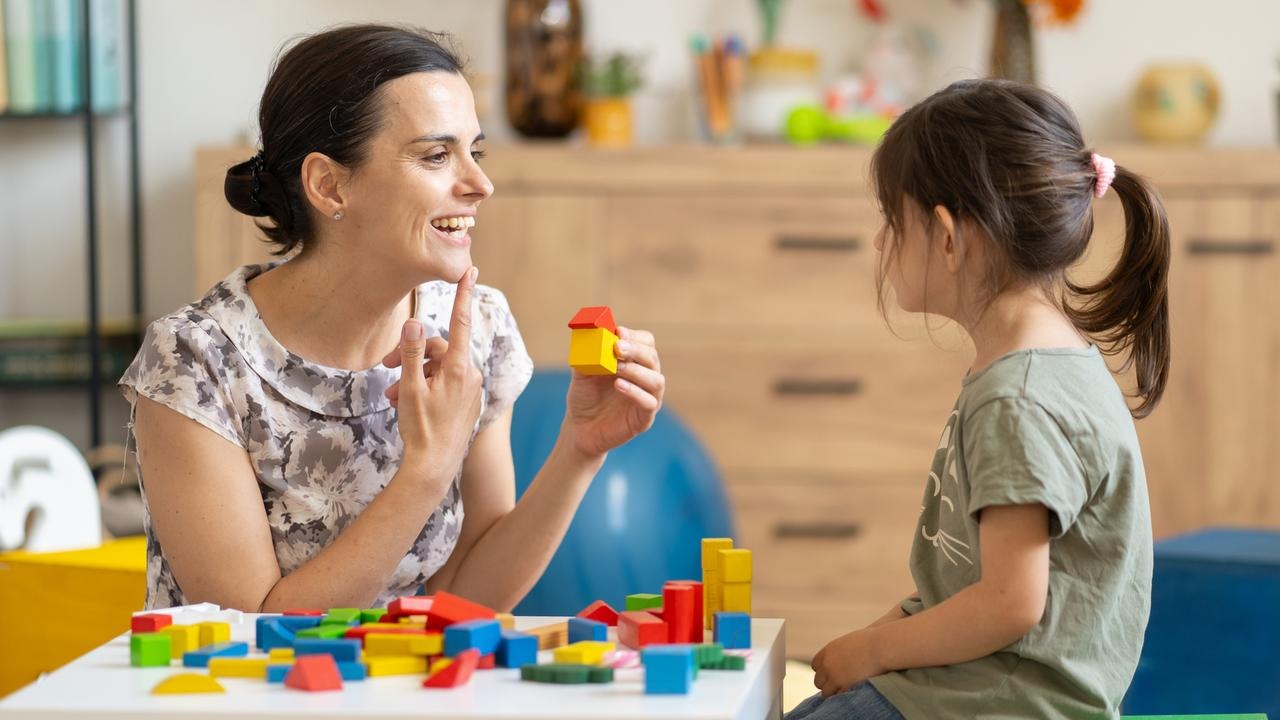When a child is diagnosed with autism, parents often find themselves overwhelmed with questions, emotions, and the urgent need to find the right support. Autism, or Autism Spectrum Disorder (ASD), is a developmental condition that affects communication, behavior, and social interaction My child is diagnosed with autism. While the signs and severity vary greatly from one child to another, early intervention can make a significant difference in a child’s development.
Does My Child Have Autism?
Many parents begin their journey with a question: “Does my child have autism?” While only a qualified professional can diagnose autism, there are some early signs to look out for:
-
Limited or no eye contact
-
Delayed speech or lack of speech
-
Repetitive behaviors (like hand-flapping or lining up toys)
-
Difficulty understanding social cues
-
Unusual reactions to sounds, textures, or lights
If you notice these signs, seeking an evaluation from a developmental pediatrician or child psychologist is the next step.
My Child is Diagnosed with Autism – What Next?
Receiving a diagnosis can be emotionally challenging, but it is also the beginning of understanding your child’s unique needs. Early support, tailored learning plans, and therapy can help your child gain essential skills.
One of the most widely recognized and evidence-based approaches for autism is Applied Behavior Analysis (ABA) therapy.
What is ABA Therapy for Autism?
ABA therapy focuses on improving specific behaviors, such as communication, social skills, academics, and daily living activities, while reducing behaviors that may interfere with learning. It is based on positive reinforcement — encouraging desired behaviors with rewards and praise.
Benefits of ABA therapy include:
-
Improved communication skills
-
Better social interactions
-
Increased independence in daily tasks
-
Reduction in challenging behaviors
Each ABA program is personalized, meaning the therapy plan is designed to match the child’s needs and learning style.
Autism Schools and Supportive Learning Environments
In addition to therapy, choosing the right school is crucial. Autism-friendly schools provide structured routines, sensory-friendly classrooms, individualized learning plans, and trained educators who understand the needs of children on the spectrum. In Gurgaon, some schools specialize in autism education and integrate ABA therapy into their curriculum, helping children learn both academic and life skills.
A Final Word to Parents
A diagnosis of autism is not the end of possibilities — it is the start of a different journey. With the right support, children with autism can thrive, build meaningful relationships, and lead fulfilling lives. Whether it’s through an autism-specialized school, ABA therapy, or a combination of approaches, early and consistent intervention is the key to unlocking potential.
